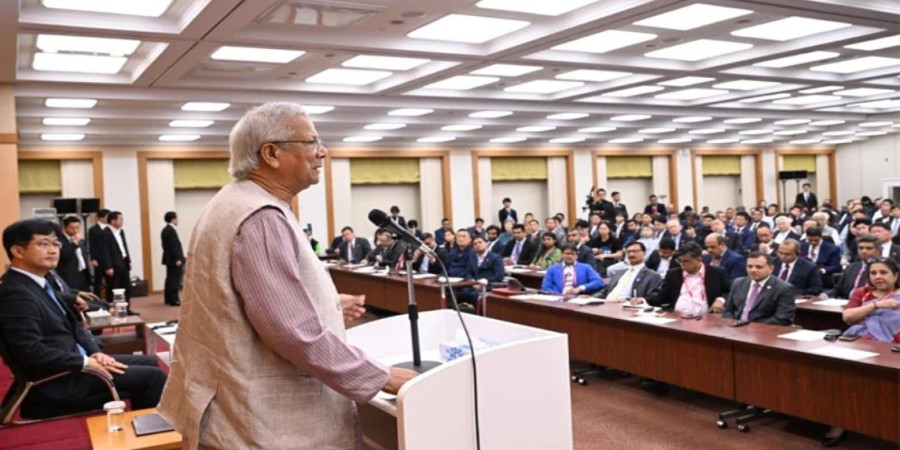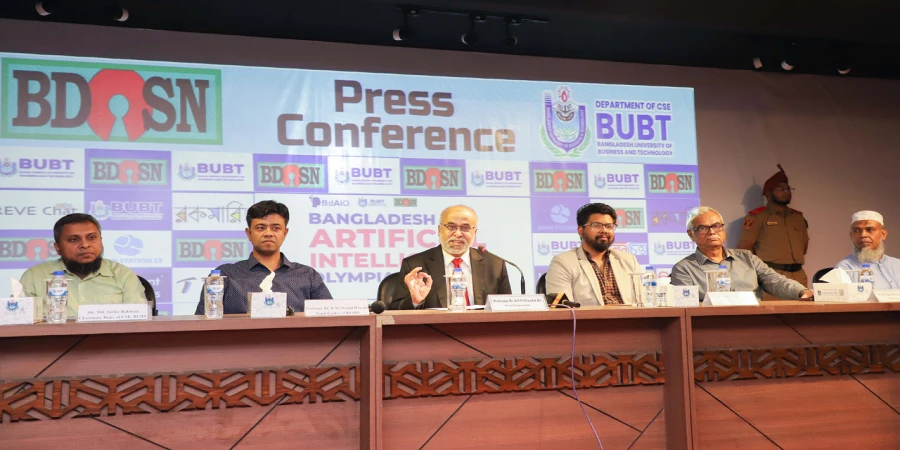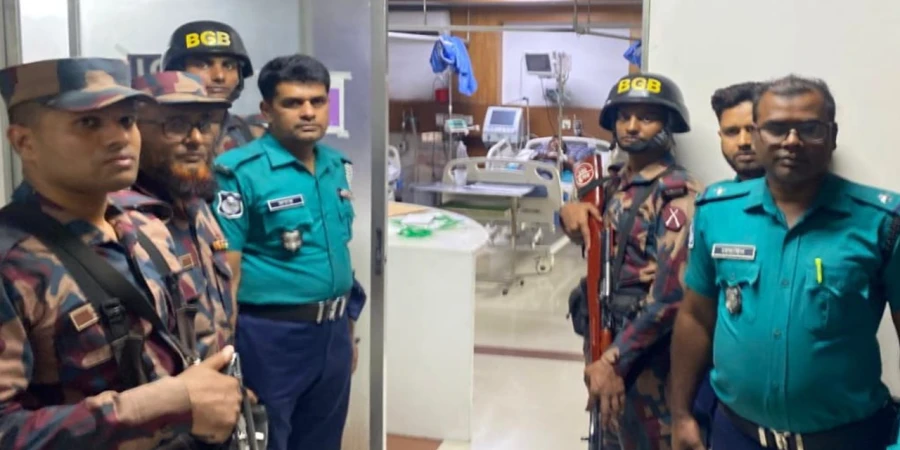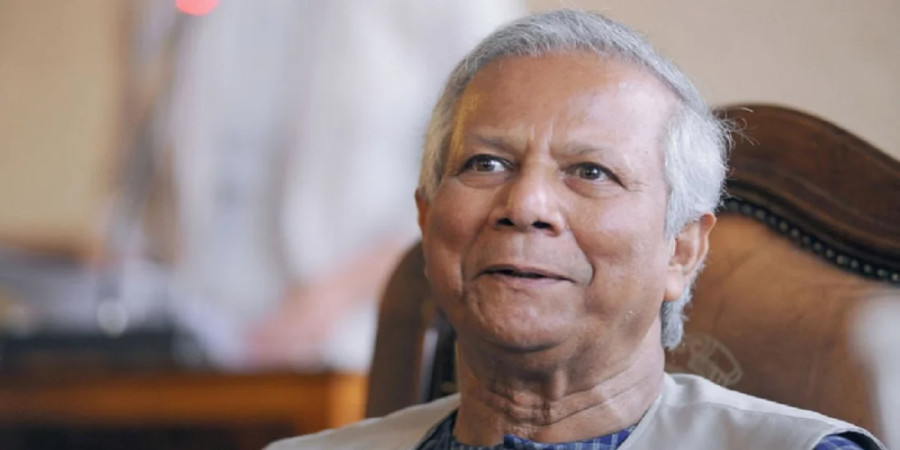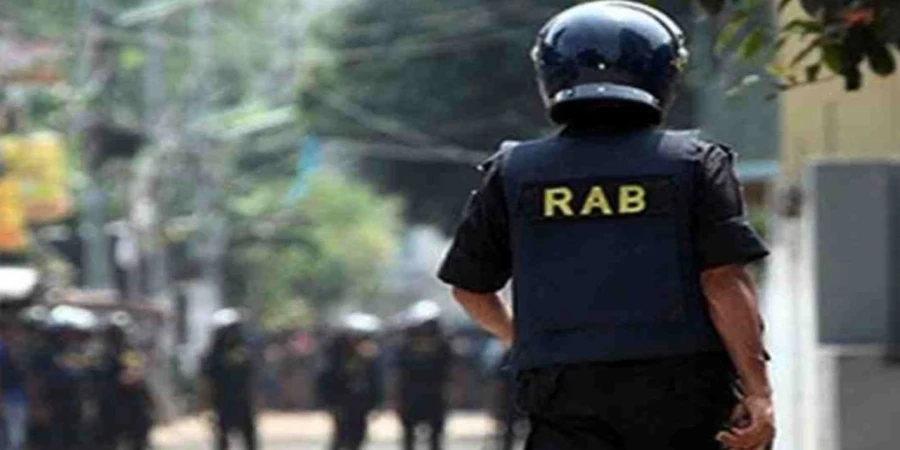
ছবি: Photo: Collected
On February 12, the United Nations issued a report through its fact-finding mission, urging the government of Bangladesh to dissolve the Rapid Action Battalion (RAB) and return non-involved personnel to their respective units. The report, published by the UN Human Rights Office (OHCHR), addresses human rights violations in Bangladesh, particularly focusing on the events surrounding the mass protests in July and August of 2024. The UN has made several recommendations to the government to amend practices in law enforcement and security sectors.
The report highlights the need for changes to Bangladesh's police regulations to align with international human rights standards. Among the recommended reforms are the proper use of force, including guidelines for using non-lethal weapons, such as metallic projectiles, when dispersing crowds. The UN stresses that the use of live ammunition should be limited to situations where it is essential for the protection of life, ensuring necessary safeguards to avoid death or severe injury. Additionally, the report calls for the immediate cessation of practices like arming police with shotguns loaded with metal pellets and other potentially lethal munitions for crowd control.
The OHCHR further advises reducing the use of armored ammunition in the military and paramilitary forces. The commission suggests comprehensive training for law enforcement and security agencies on using less lethal methods and equipment to manage public order, focusing on peaceful assembly facilitation and crowd control strategies that emphasize communication and non-lethal means of intervention. The report also stresses the need for better public order management practices that do not rely on excessive force.
To address the issue of mass arrests and detentions, the OHCHR calls for mandatory orders to halt the practice of indiscriminate arrests based on unverified or suspect lists. It urges the government to take strong punitive actions against those responsible for arbitrary detentions, including prosecuting individuals involved in false or unwarranted arrests. The commission further demands the implementation of the Torture and Custodial Death (Prohibition) Act and calls for the establishment of an independent monitoring and investigation body to oversee police conduct in detention facilities, ensuring adherence to the law and protection of detainees' rights.
The OHCHR has recommended that Bangladesh adopt a draft police ordinance to replace the outdated 1861 Police Act and relevant metropolitan regulations. The new laws should align with international human rights norms and aim to strengthen public safety while curbing corruption and ensuring police accountability for serious misconduct. A national police commission, composed of civil society members, government officials, opposition leaders, and independent members, should be established to oversee police recruitment, promotions, transfers, and removals based on merit and transparency.
The UN report also advises replacing the existing police oversight units with an independent police commission. This commission would be empowered to investigate serious human rights violations and police misconduct, conducting effective and impartial inquiries into police abuses, particularly those involving extrajudicial killings, torture, and abuse of power. It would also be responsible for referring such cases to the judiciary for prosecution.
Regarding the armed forces, the OHCHR recommends limiting their role to border security and defense-related activities while curbing their involvement in internal law enforcement. The commission advises setting clear boundaries for the powers and resources of the Border Guard Bangladesh (BGB), the Directorate General of Forces Intelligence (DGFI), and other military and paramilitary units. It also calls for the military's influence over auxiliary forces, such as the Ansar and Village Defence Parties (VDP), to be minimized, ensuring their involvement is restricted to supporting law enforcement agencies rather than directly overseeing public order.
The OHCHR report emphasizes the need for reforms to prevent abuses within international peacekeeping missions. It suggests the implementation of a robust human rights screening process for Bangladeshi personnel who may serve in UN peacekeeping operations or other international missions. This screening should ensure that individuals with past involvement in human rights violations or corruption are not deployed, particularly those linked to RAB, DGFI, or other security forces implicated in the 2024 human rights abuses.
The UN urges the government to immediately implement these recommendations to ensure better protection of citizens' rights and align Bangladesh's law enforcement and security practices with international human rights obligations.
repoter



